PSALMS FOR ALL SEASONS
Psalms for All Seasons
John F. Craghan

LITURGICAL PRESS
Collegeville, Minnesota
www.litpress.org
Nihil Obstat: Reverend Robert Harren, Censor deputatus.
Imprimatur:  Most Reverend John F. Kinney, J.C.D., D.D., Bishop of Saint Cloud, Minnesota. August 8, 2013.
Most Reverend John F. Kinney, J.C.D., D.D., Bishop of Saint Cloud, Minnesota. August 8, 2013.
Cover design by Ann Blattner. Illustration: Thinkstock Photos.
Scripture selections are taken from the New American Bible, revised edition Copyright 2010, 1986, 1970 by the Confraternity of Christian Doctrine, 3211 Fourth Street, NE, Washington, DC 20017-1194 and are used by license of the copyright owner. All rights reserved. No part of the New American Bible, revised edition may be reproduced in any form or by any means without permission in writing from the copyright owner.
2013 by Order of Saint Benedict, Collegeville, Minnesota. All rights reserved. No part of this book may be reproduced in any form, by print, microfilm, microfiche, mechanical recording, photocopying, translation, or by any other means, known or yet unknown, for any purpose except brief quotations in reviews, without the previous written permission of Liturgical Press, Saint Johns Abbey, PO Box 7500, Collegeville, Minnesota 56321-7500. Printed in the United States of America.
The Library of Congress has cataloged the printed edition as follows:
Library of Congress Cataloging-in-Publication Data
Craghan, John F.
Psalms for all seasons / by John F. Craghan. Revised Edition. pages cm Includes bibliographical references. ISBN 978-0-8146-3826-2 ISBN 978-0-8146-3973-3 (ebook) 1. Bible. PsalmsMeditations. I. Title. BS1430.54.C73 2013 223chapterT.206dc23
2013016083
For
Father David B. Beaudry
who
announces in both word and person that
God is deeply in love with us
Contents
Preface
This work is a revision of my 1993 Psalms for All Seasons based on a new translation of the Psalms in the New American Bible, Revised Edition (NABRE). While not substantially departing from the original, this present work introduces changes mainly because of the new translation. I am indebted to Ms. Cackie Upchurch of the Little Rock Scripture Study program for her kind invitation to undertake this revision as well as for her cheerful assistance and constructive suggestions.
After an introductory chapter, I follow a fixed format in analyzing fifty-five psalms. First, I seek to situate a particular type of psalm within the context of the twenty-first century. Here I attempt to note the thrust of the psalms under discussion and their impact on our modern values. Second, I briefly outline the characteristics of these psalms. Third, I study each psalm from a literary perspective, noting structure, vocabulary, themes, and overall religious message. Fourth, I try to engage the psalm as a modern prayer form. As a result, I endeavor to let the psalm enter our prayer life, both individual and communal. Fifth, I choose one or two passages from the New Testament to suggest the significance of the Hebrew Bible/Old Testament for appreciating the New Testament/Christian Scriptures. Finally, I summarize the theology of the type of psalm under examination.
This work seeks to blend scholarship and pastoral theology. It is my conviction that solid biblical scholarship must affect our manner of studying and praying the Psalms. However, in order to make this book more accessible to a wider audience, I have not employed footnotes and have omitted discussion of technical points. In their place I have provided some suggestions for further study. It will be all too evident that I am dependent on the work of a host of scholars, in particular Walter Brueggemann and Luis Alonso Schkel, SJ.
I owe a final word of thanks to two very important people in my life. First, to my wife Barbara Lynne I express my ongoing appreciation for her patience, humor, and recommendations during this time of revision. Second, I wish to thank Father David B. Beaudry, the pastor of Holy Spirit parish in Darboy/Kimberly, Wisconsin, for his inspiring communication of the word of God. At the beginning of each liturgy, as we prepare to enter into the spirit of the celebration of the Eucharist, he reminds us, gently but firmly, that God is deeply in love with us. This reminder is not only verbal but also personal. Thus he reflects in his pastoral care the mission of Jesus, namely, to tell us through action the power of Psalm 36:6: L ORD , your mercy [steadfast love] reaches to heaven; / your fidelity, to the clouds. This little work is a small acknowledgment of my gratitude for such generous commitment to the word of God.
John F. Craghan
Abbreviations for Biblical References
1 Chr | First Chronicles |
1 Cor | First Corinthians |
2 Cor | Second Corinthians |
Deut | Deuteronomy |
Eccl | Ecclesiastes |
Exod | Exodus |
Ezek | Ezekiel |
Gen | Genesis |
Heb | Hebrews |
Hos | Hosea |
Isa | Isaiah |
Jas | James |
Jer | Jeremiah |
Josh | Joshua |
1 Kgs | First Kings |
2 Kgs | Second Kings |
Lam | Lamentations |
Lev | Leviticus |
Matt | Matthew |
Mic | Micah |
Neh | Nehemiah |
Num | Numbers |
1 Pet | First Peter |
Phil | Philippians |
Prov | Proverbs |
Ps(s) | Psalm(s) |
Rom | Romans |
1 Sam | First Samuel |
2 Sam | Second Samuel |
Wis | Wisdom |

Prayer, Psalms, Patterns
What is the nature of prayer? What kind of prayer are the Psalms? Can the Psalms reflect the patterns in our lives with their stages of balance, imbalance, and new balance? It is the purpose of this opening chapter to attempt at least partial answers to these enduring questions.
The nature of prayer
Prayer is as urgent a pastoral problem as ever. While we benefit from our technological age, we also suffer from it. We are served up instant information, much of it discouraging, and challenged to swallow it whole. Our news reporters package much of this information, blocking out some items and seasoning the remains with their own views. Our faith communities also assess world, national, and local events, seeking to uncover Gods viewpoint and suggesting the proper way of responding. Prayer and the technological age may strike us as incompatible. However, the fact is that they cannot be separated.
Saint Alphonsus de Liguori, the Doctor of Prayer, called prayer the great means of salvation. Although his eighteenth-century world was quite different from ours, his teaching on prayer is as timely as ever. Prayer, both individual and communal, must reply to our information saturation with faith, hope, and charity. Grounded in the Holy One of Israel, we must dare to expect a new world by reacting to the needs of others that are ultimately the needs of our God. Prayer is not a cop-out from the facts of life, not a retreat to never-never land where pain is lulled and anxiety sedated. Prayer is the denial of passive observation and nonparticipation. Prayer is the affirmation of total involvement. We have to respond to our world in either belief or disbelief. We stand at the crossroads and are challenged to decide. The question is to pray or not to pray.
Next page
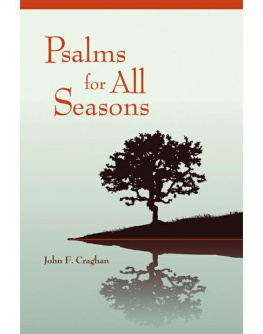
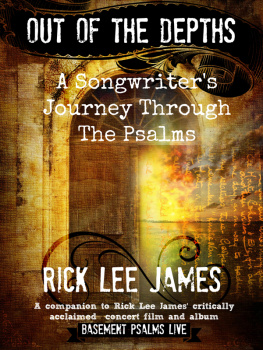


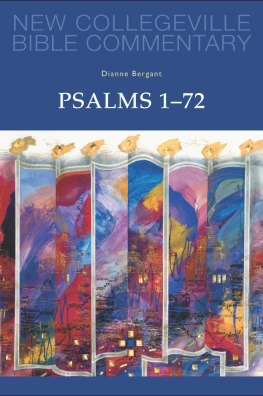

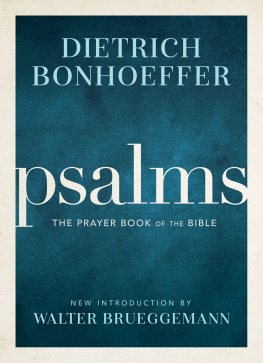
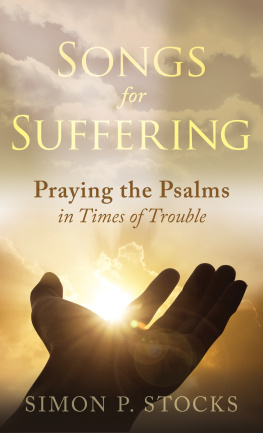
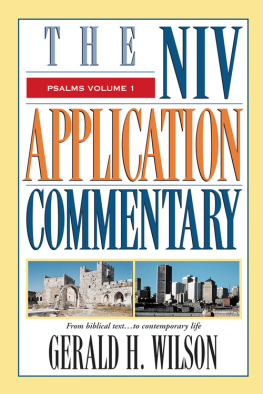
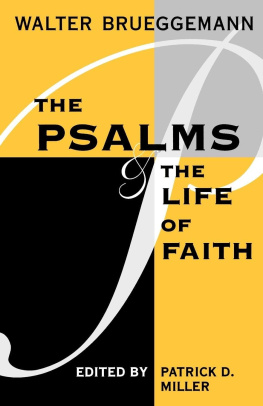
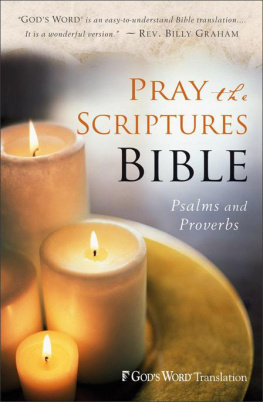

 Most Reverend John F. Kinney, J.C.D., D.D., Bishop of Saint Cloud, Minnesota. August 8, 2013.
Most Reverend John F. Kinney, J.C.D., D.D., Bishop of Saint Cloud, Minnesota. August 8, 2013.